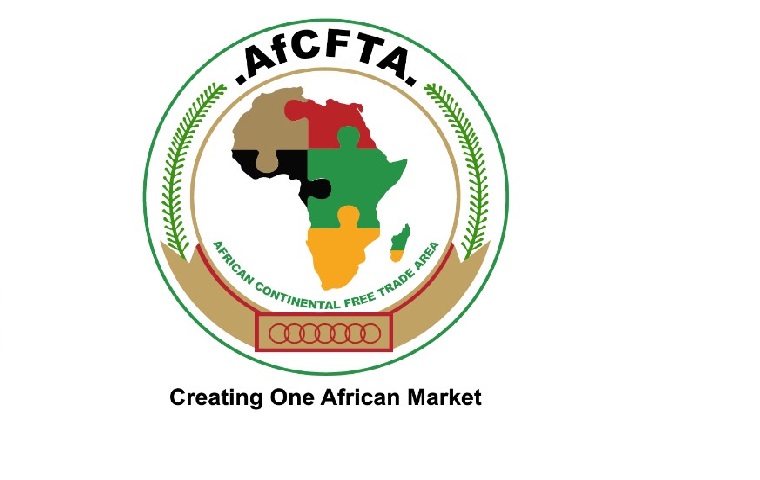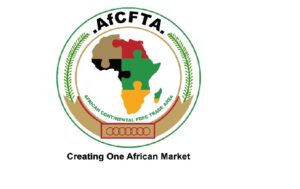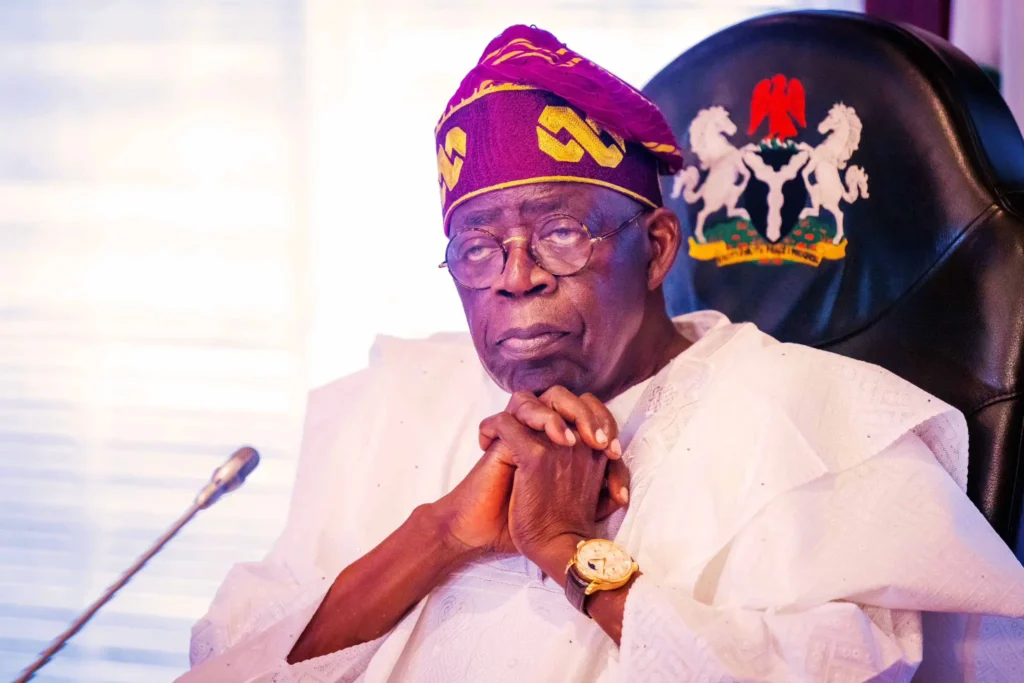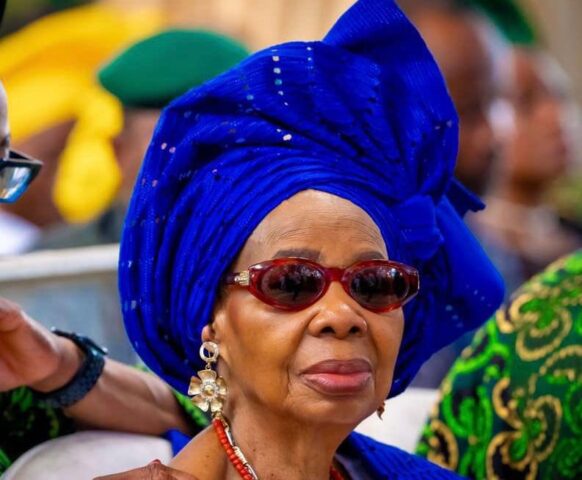Because additional nations are trading outside of Africa, the AfCFTA is unable to increase Africa’s contribution to world trade above 3%
Africa continues to participate in less than 3% of world commerce, with merchandise trade accounting for the majority of this involvement in 2023, according to a report by the Economic Commission for Africa
(ECA) on the evaluation of regional integration efforts in Africa. Even though the AfCFTA agreement was formally launched in 2021, intra-African commerce has not improved as anticipated.
Instead of interacting among themselves, African nations still trade more with other nations than within the continent.
The research shows that while geographical integration has progressed, the participating nations have not met the macroeconomic convergence requirements, despite improvements in monetary and financial
integration.
The paper emphasized that intra-African commerce has not improved as anticipated, even though the African Continental Free Commerce Area agreement officially began in 2021.
The biggest free-trade zone in the world is the African Continental Free Trade Area (AfCFTA), which brings together eight Regional Economic Communities (RECs) and the 55 countries of the African Union (AU).
Nonetheless, the report states that in 2022, intra-African trade’s share of global trade fell from 14.5% in 2021 to 13.7% in 2022.
The percentage of exports within Africa decreased from 18.22% to 17.89%.
The total amount of intra-African importation decreased from 12.81 percent to 12.09 percent, while the share of exports inside the continent fell from 18.22 percent to 17.89 percent.
The study demonstrated that although there has been some development in the fields of roads and ICT, there has been little in the way of improvements in rail transportation and energy infrastructure, primarily as a result of difficulties obtaining funding.
Africa continues to face a significant annual financing shortfall for facilities now estimated to be between $130 billion and $170 billion.
Chief of the ECA’s Regional Integration and Trade Division Stephen Karingi listed the main issues facing the continent as pervasive poverty, inadequate leadership, general joblessness, and unconstitutional shifts
in government.





